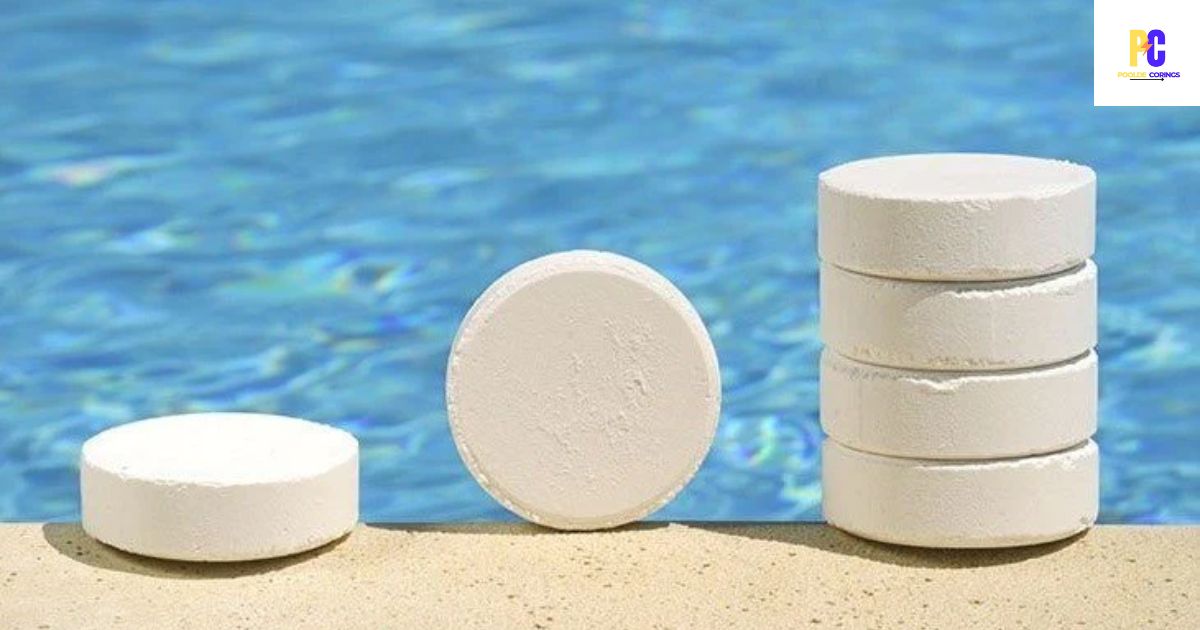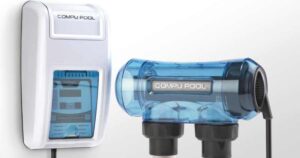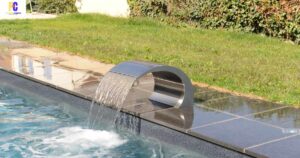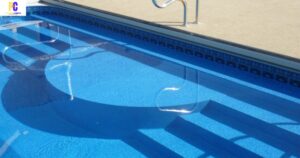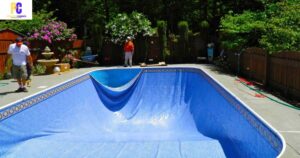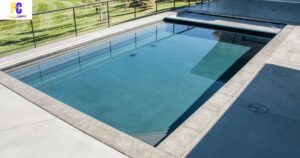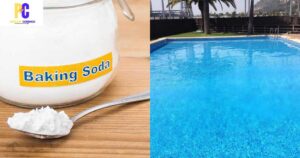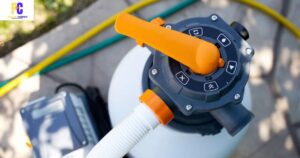Chlorine tablets, commonly used in pools, contain chemicals to sanitize water. Prolonged contact with pool liners may lead to damage over time. The chemicals can degrade the liner’s material, causing fading, brittleness, or even tears. It’s crucial to follow proper dosage guidelines to maintain water quality without compromising the integrity of the pool liner.
Dive into the world of crystal-clear pool water, but beware of a hidden threat – chlorine tablets. While they work wonders in sanitizing your pool, did you know they might be silently damaging your pool liner? Don’t let this go unnoticed.
Chlorine tablets, essential for maintaining pool hygiene, can inadvertently harm pool liners over time. Prolonged exposure to these tablets may lead to fading, brittleness, or tears in the liner material. Understanding the potential impact helps pool owners take preventive measures, ensuring a sparkling pool without compromising its structural integrity.
Understanding the Role of Chlorine Tablets
Chlorine tablets play a pivotal role in maintaining the hygiene and clarity of your pool water. These tablets are composed of chemicals that effectively disinfect the pool by eliminating harmful bacteria and contaminants. As they dissolve, chlorine is gradually released, ensuring a clean and safe swimming environment.
However, while chlorine tablets are essential for water sanitation, it’s crucial to be aware of their potential impact on the pool liner. Prolonged exposure to high concentrations of chlorine can lead to gradual damage to the liner material, affecting its integrity and longevity. Balancing the benefits of chlorine tablets with a careful consideration of their impact on the pool liner is key to maintaining both water quality and the structural health of your pool.
Maintaining Water Hygiene and Clarity
Maintaining water hygiene and clarity is at the core of every pool owner’s responsibility. It involves a combination of regular cleaning, filtration, and the use of essential chemicals like chlorine tablets. These tablets are designed to sanitize the pool water by effectively eliminating bacteria, algae, and other contaminants, ensuring a safe and inviting environment for swimmers.
The Silent Threat Impact on Pool Liners
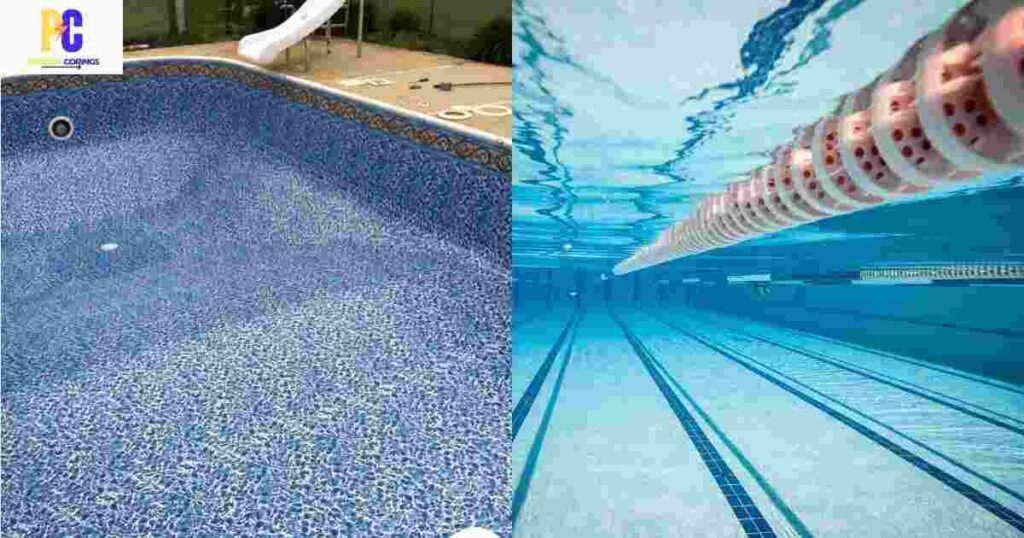
While chlorine tablets are a go-to solution for maintaining pool water hygiene, there’s a silent threat that often goes unnoticed – their potential impact on pool liners. Over time, the chemicals in chlorine tablets can lead to gradual damage to the pool liner material. This damage may manifest as fading, brittleness, or even tears, compromising the structural integrity of the pool.
To address this silent threat, pool owners should be proactive in recognizing signs of pool liner damage and take preventive measures. Regular inspection and adherence to proper chlorine tablet usage guidelines can help mitigate the risk, ensuring that the pool liner remains durable and intact for years to come.
Unveiling Potential Damage Over Time
Unveiling the potential damage that chlorine tablets can inflict over time reveals a crucial aspect of pool maintenance. While these tablets effectively sanitize pool water, their constant exposure to the pool liner can lead to gradual wear and tear. Over an extended period, the chemicals in the tablets may cause the pool liner material to fade, become brittle, or even develop tears.
Signs of Pool Liner Damage from Chlorine Tablets

Recognizing the signs of pool liner damage from chlorine tablets is vital for maintaining a well-functioning and aesthetically pleasing swimming pool. One common indicator is the gradual fading of the pool liner’s color, which may occur over time with consistent exposure to chlorine. Additionally, pool owners should be vigilant for signs of brittleness in the liner material, as this can be an early indication of potential damage.
To address these signs effectively, regular inspections are key. Pool owners should routinely assess the condition of their pool liner, especially areas that come into direct contact with chlorine. If any signs of damage are detected, prompt action can be taken to prevent further deterioration, such as adjusting chlorine levels, considering alternative sanitization methods, or investing in protective measures for the pool liner.
Recognizing Fading, Brittleness, and Tears
Recognizing fading, brittleness, and tears in a pool liner is crucial for preserving the aesthetic appeal and structural integrity of the pool. Fading is often the first noticeable sign, as the color of the liner may gradually lose its vibrancy due to prolonged exposure to chlorine. Pool owners should be attentive to any changes in color and take preventive measures accordingly. Brittleness in the liner material is another significant indicator of potential damage.
Preventive Measures for Long-lasting Pool Liners
Preserving the longevity of your pool liner involves taking proactive preventive measures. One key strategy is to carefully follow recommended guidelines for the use of chlorine tablets. By adhering to proper dosage instructions, you can maintain water quality without subjecting the pool liner to excessive chemical exposure.
Consider alternative sanitization methods or supplement chlorine tablet use with additional protective measures, such as using a pool cover when the pool is not in use. Regular maintenance routines also play a crucial role in extending the life of your pool liner. Periodic inspections allow you to spot potential issues early on, addressing them before they escalate.
Keeping the pool clean, removing debris promptly, and addressing any wear and tear can contribute significantly to the overall health and resilience of the pool liner. By combining proper chemical management with routine maintenance, you’ll create an environment that not only promotes water hygiene but also safeguards the integrity of your pool liner for years to come.
Balancing Chlorine Use and Preserving Liner Integrity
Achieving a harmonious balance between chlorine use and preserving the integrity of the pool liner is essential for long-lasting pool maintenance. Pool owners must be mindful of the recommended chlorine dosage, ensuring effective water sanitation without subjecting the pool liner to excessive chemical exposure.
This careful equilibrium not only safeguards the liner’s durability but also contributes to a healthy and enjoyable swimming environment for all.
Expert Tips Optimal Chlorine Tablet Usage
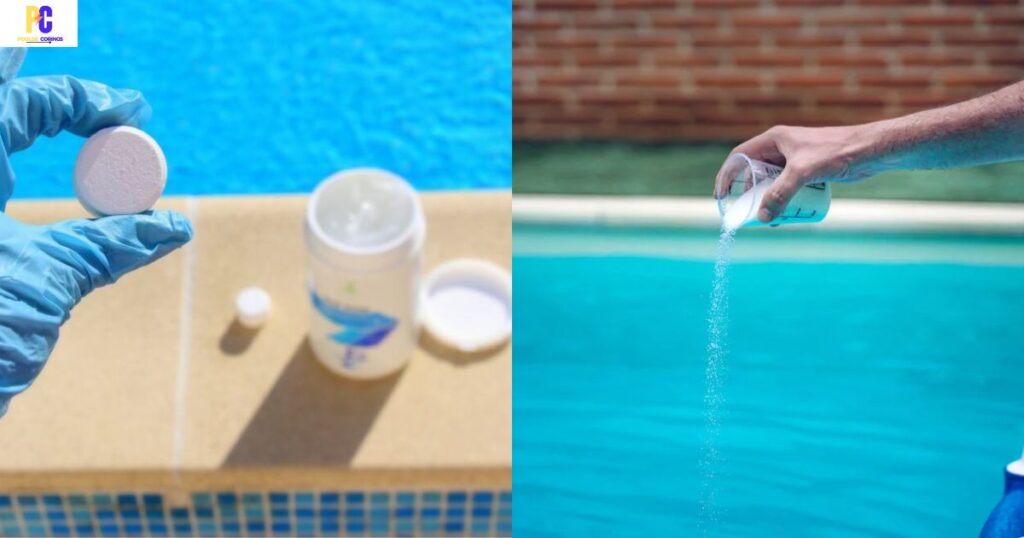
For optimal chlorine tablet usage, experts recommend adhering to dosage guidelines based on the size of your pool. It’s crucial to strike a balance: enough chlorine to keep the water sanitized, but not so much that it jeopardizes the integrity of the pool liner.
Regularly monitoring chlorine levels and adjusting usage accordingly ensures a clean and well-maintained pool without compromising its structural components. Consider using a floating chlorine dispenser to distribute tablets evenly. Periodically checking and adjusting the pH levels of the pool water can also enhance the effectiveness of chlorine tablets, promoting a safer and more enjoyable swimming environment.
Guidelines for Protecting Your Pool Investment
To safeguard your pool investment, adhere to essential guidelines for optimal maintenance. This includes regularly monitoring water chemistry, following recommended chlorine tablet usage, and promptly addressing any signs of wear on the pool liner. These simple yet crucial steps will help ensure the longevity and enjoyment of your pool for years to come.
FAQ,s
Chlorine tablets damage my pool liner?
Yes, extended exposure to high concentrations of chlorine tablets can potentially harm the pool liner, leading to issues such as fading, brittleness, and tears over time.
How can I tell if my pool liner is being damaged by chlorine tablets?
signs of damage include faded colors, increased brittleness, or visible tears in the pool liner. Regular inspections and awareness of these indicators are crucial.
Can I still use chlorine tablets without damaging my pool liner?
Absolutely. By following recommended guidelines for chlorine tablet usage, maintaining proper water balance, and conducting routine checks, you can enjoy the benefits of chlorine without compromising the pool liner.
Are there alternative methods to chlorine tablets that won’t damage the pool liner?
Yes, alternative sanitization methods, such as saltwater systems or liquid chlorine, can be considered. However, it’s essential to weigh the pros and cons and ensure proper application.
How can I protect my pool liner from chlorine tablet damage?
Monitoring chlorine levels, using pool liner protectants, and adjusting tablet dosage based on pool size are effective ways to safeguard your pool liner and extend its lifespan.
Conclusion
Understanding the potential impact of chlorine tablets on your pool liner is vital for maintaining a durable and aesthetically pleasing swimming pool. While chlorine tablets are indispensable for water sanitation, their prolonged use can lead to subtle yet significant damage over time
Chlorine tablets damage pool liner by gradually wearing down the material, resulting in tears, discoloration, and reduced overall durability. By recognizing the signs of damage and implementing preventative measures, such as adjusting chlorine levels and conducting regular inspections, pool owners can strike a balance between water hygiene and preserving the integrity of the pool liner.
